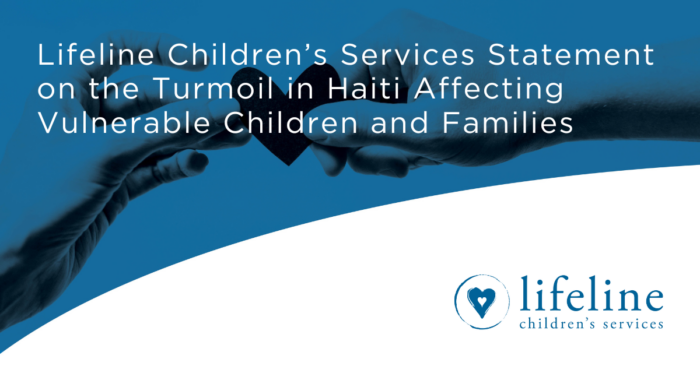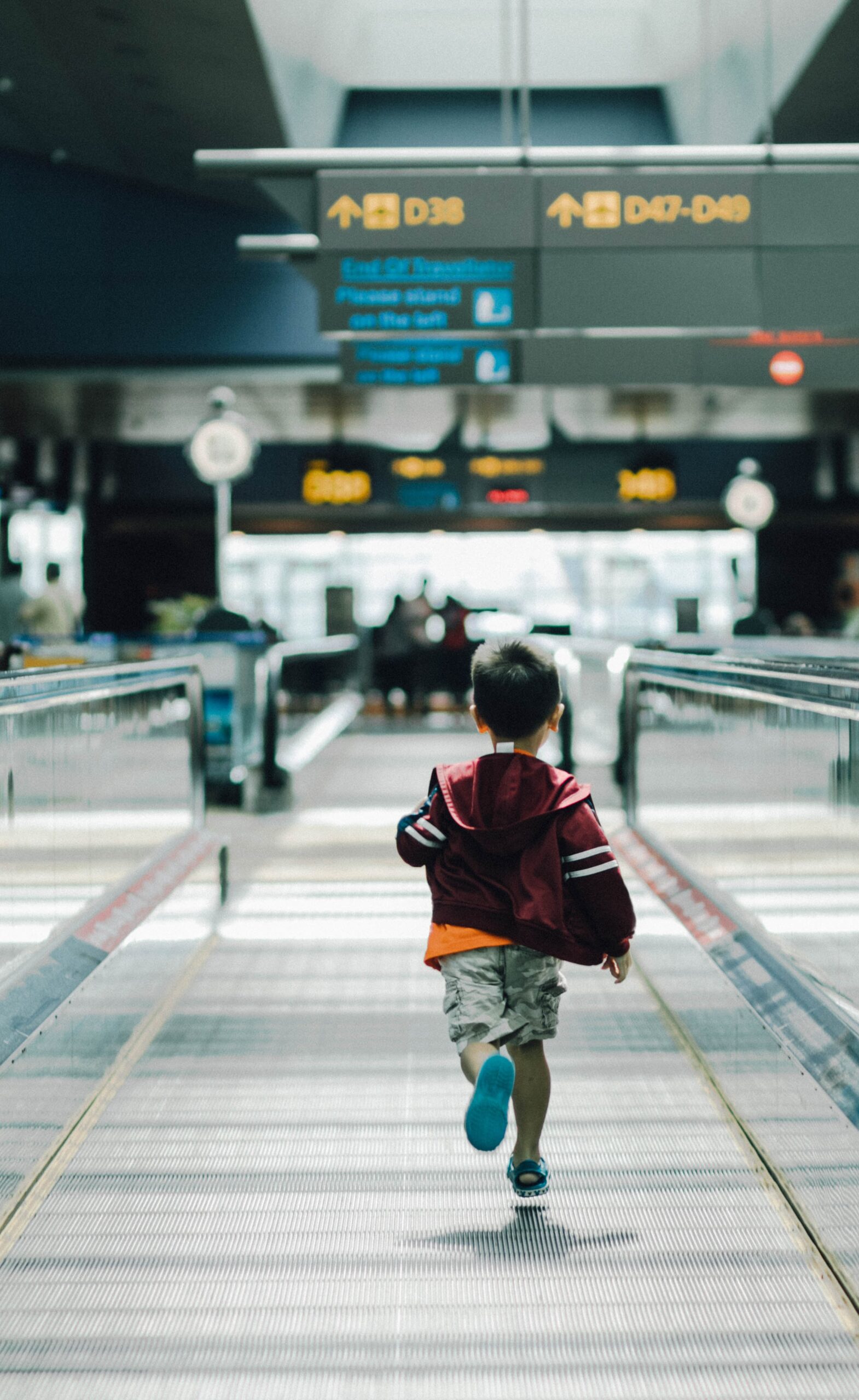The Difficulty of Travel for Children from Adoption or in Care
Routine and consistency provide stability and structure for children. Consistent expectations help children feel emotionally and physically secure, especially children from traumatic backgrounds. Traveling often disrupts this security, leading to challenging circumstances for children to navigate. Furthermore, children in care or who have been adopted may have many difficult memories surrounding traveling. For internationally adopted children, likely their first (and possibly only) airplane experience was when they were brought to the United States from all that was familiar to them in their country of origin. For children in foster care, packing their small belongings into a car and driving somewhere new meant they were going to a different placement with a different family. Therefore, activities such as packing, loading vehicles, going through airports, boarding an airplane, and arriving at a new place can stir up trauma-related fears and insecurities in your children. Even if children are not consciously aware of these events, their bodies and brains can still hold onto memories of extreme stress (implicit memories). As a result, travel could bring many fears into your child’s heart and mind.
Listed below are a few examples of what they might be thinking or feeling:
- Are my parents taking me somewhere new to leave me there?
- Is the new place my new home/family?
- Are they taking me back to ______?
Expressions of Trauma
You may have heard of the term “triggers” before. Triggers are “events or situations that remind the survivor of a past trauma.”1 Common triggers are sights, smells, and sounds, anniversary dates, sensory overload, lack of control, or schedule disruptions.2 Traveling has the potential to bring back sights, smells, and sounds associated with a significant event of their adoption or of changing family placements. Travel—especially airport travel—often brings sensory overload and schedule disruptions. Depending on the age and development of your child, they might not be able to identify or verbalize these thoughts and feelings. Still, they have valid reasons to associate travel with broken relationships, new families, and fear of being left alone.
Your children likely will express these fears in different manners based on their age and developmental stage. Younger children with less verbal expression may exhibit increased clinginess, aggression, strong/sad emotions, or anger. Children with more verbal capacity may ask hundreds of questions, say they don’t want to go, or have tantrums. Teenagers might shut down and disengage, grow angry and frustrated, or push you away and seem to be overly sensitive. No matter where your child is developmentally, it is common to experience some regression during traveling.
Proactive Preparation
One of the best ways to navigate travel-related challenges is by preparing your children for the upcoming travel. The following suggestions can help you consider how to prepare your specific child/children for travel:
- Read books or watch videos together about airplane travel or road trips.
- Mark your calendar with the day you are leaving and the day you will return, and count down those days with your child every night.
- Reiterate that the whole family is leaving together, and the whole family will be coming home together.
- Some families have found the use of “Social Stories” to be a helpful way to prepare their children for travel. Social Stories were created to help children prepare for and navigate new experiences. Here is an example of a Social Story for an airplane ride: Social_Stories_Taking_A_Airplane_Trip (kidmunicate.com); For direction on other social stories, visit Social Stories | ECLKC (hhs.gov)
During travel, keeping your schedule as normal as possible is important. Keep the following suggestions in mind to help your child feel prepared and regulated throughout the days of travel:
- Incorporate sensory-rich activities every two hours.
- Make snacks available every two hours, and keep children well-hydrated.
- Ensure sufficient physical and calming activities.
- Try your best to maintain regular bedtimes, wake-up times, and mealtimes.
- Every morning, take three minutes to prepare your child for what the day will hold. Communicating your plans will help your child feel less chaotic or out of control.
- If you can sense that your child is becoming overwhelmed or stressed, take the time to help them regulate. If your child is easily overstimulated, you might consider traveling with a weighted blanket, noise-canceling headphones, or fidgets.
- Make daily plans, including Plan A and Plan B. For example, Plan A may include finding a quiet spot and utilizing noise-canceling headphones to help your child regulate. Plan B may entail one parent taking an overwhelmed child to the house/hotel room while other family members continue with their plans. When your child is rested and regulated, they can rejoin without feeling like they disrupted the day.
- If you are traveling with friends or family, discuss your family’s schedule and needs before arriving. Inform them how they can be helpful to your family and your children.
Children with sensory processing disorders or sensory needs might have the most difficult time traveling. Building in sensory breaks for these children every few hours will help ensure that their brains receive appropriate stimulation. Use the links below for some ideas on sensory activities to do with your child:
- Vestibular Sensory Seeking: 52 Vestibular Input Activities For Sensory Seekers (hes-extraordinary.com)
- Proprioceptive Sensory Seeking: Proprioceptive Input -40 Proprioceptive Input Activities for Sensory Seekers (hes-extraordinary.com)
- Tactile, Auditory, Visual Sensory Ideas:58 Sensory Activities for Toddlers & Preschoolers • – Sensory Play Activities (hes-extraordinary.com)
Responding to Regression
During travel-related regressions, your child likely will display challenging behaviors. Please remember to prioritize connecting with your child’s feelings and emotions before correcting them. Giving in to traditional parenting instincts is easy when you’re in the car, the airport, or a new place. Remember that an unmet need and insecurity is at the root of your child’s behavior. Take the time to meet the need and ease the insecurity before correcting.
For more insight and help, contact your social worker or Lifeline’s Education and Counseling Team.
Developed by: McKayla Brown, MS




